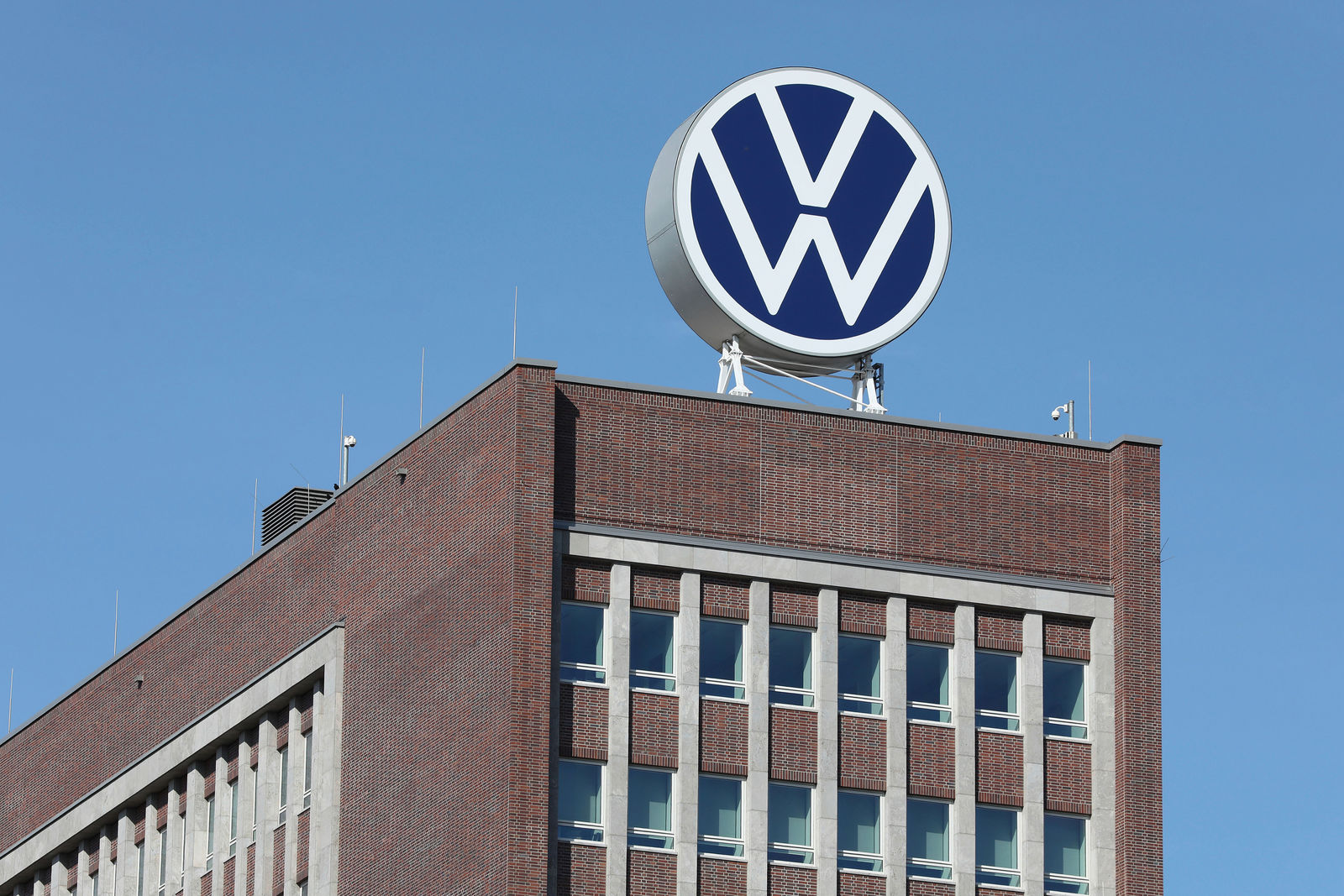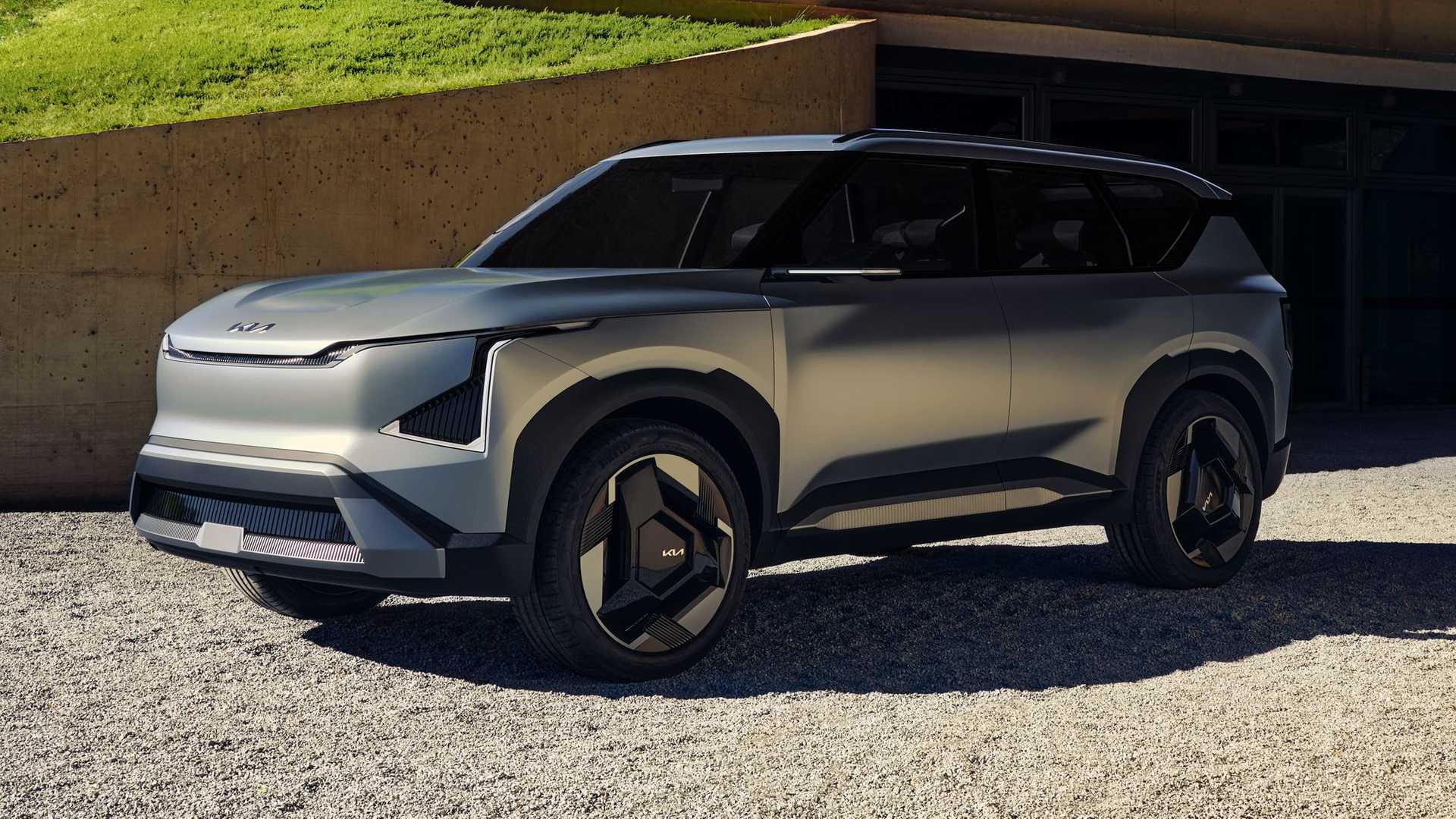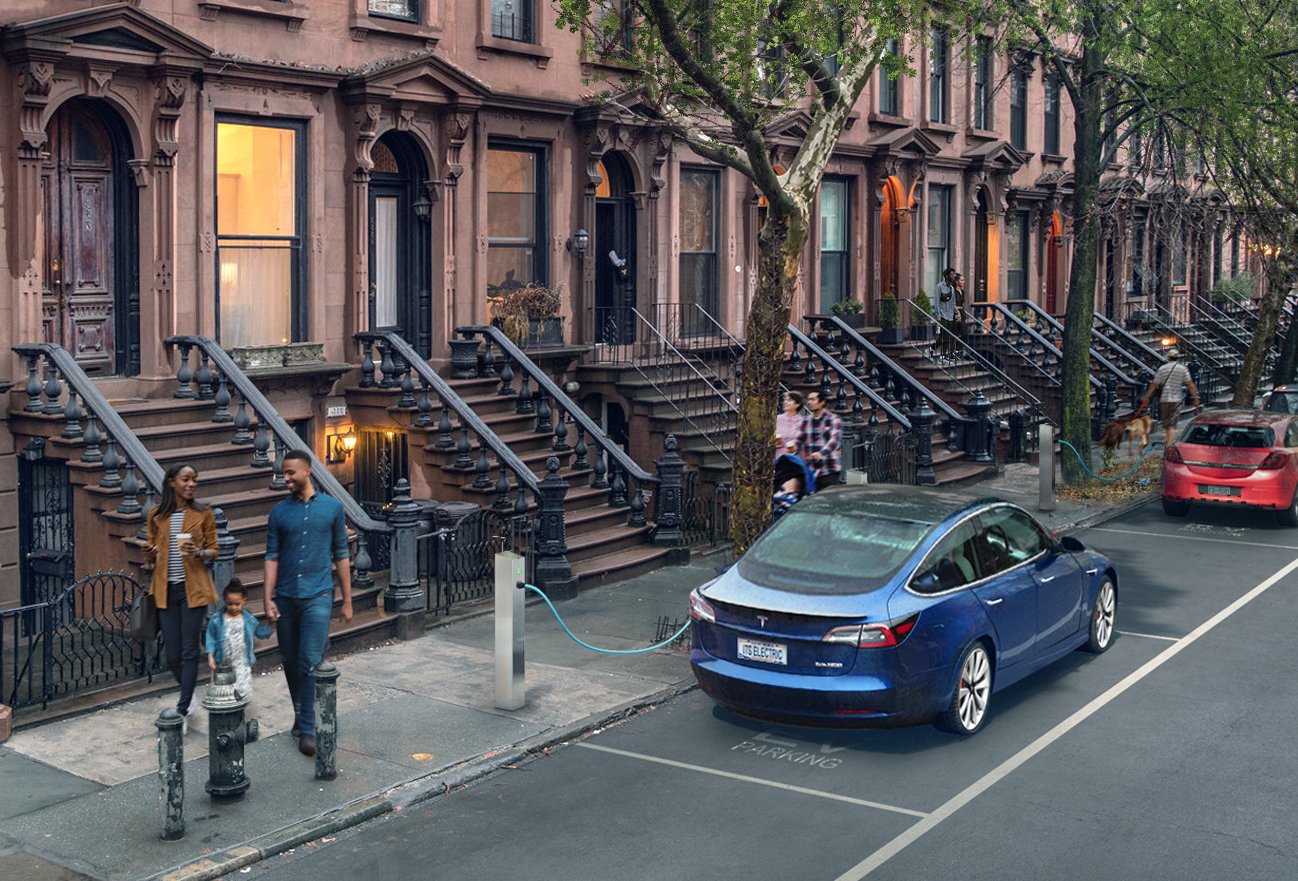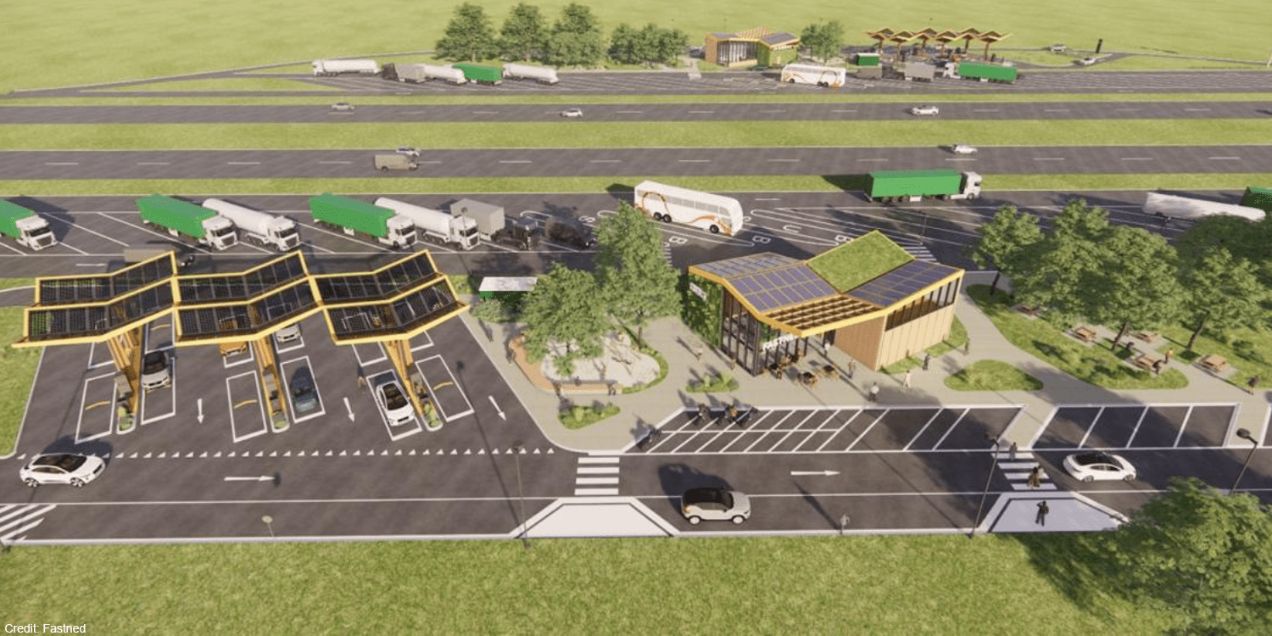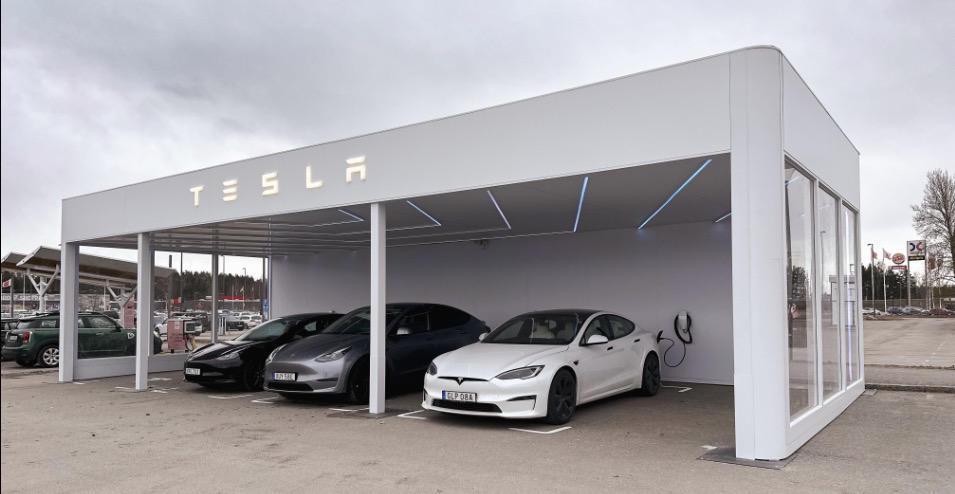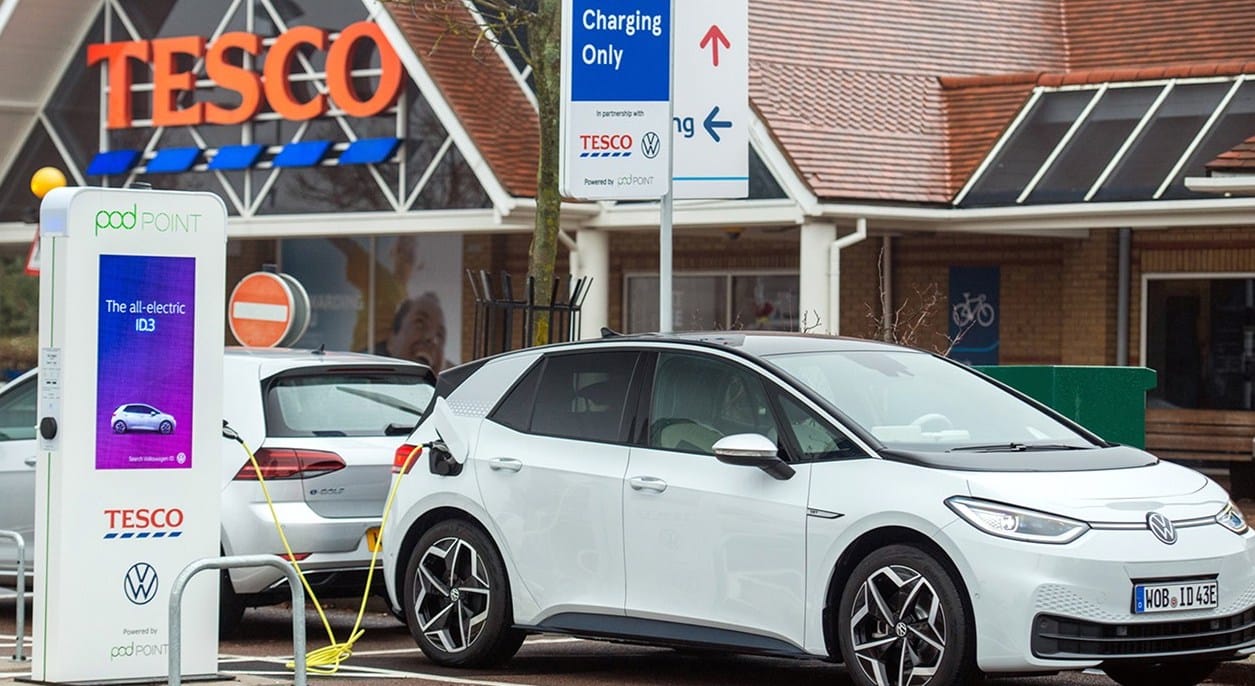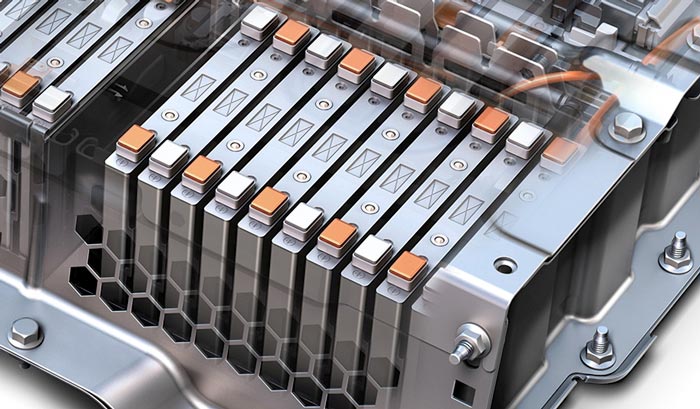Volkswagen Group Components is taking a significant step towards the electrification of its vehicles by expanding its Kassel plant in central Germany. The new facility will serve as a competence centre for power electronics, bundling all areas relevant to the development of pulse inverters for e-drives. Volkswagen is taking the central components of the electric powertrain into its own hands, said Thomas Schmall, Member of the Board of Management for Technology and CEO of Volkswagen Group Components. The Kassel plant will become Europe’s largest electric motor centre and will slowly change its portfolio to produce more electric motors and components. The group announced last month that it would develop its own pulse inverter and thermal management for electric drives.
The Kassel plant will produce the APP550, the performance-enhanced engine version of the MEB, which will power various electric models of the VW Group in the future. The engine has an output of 210 kW and a torque of up to 550 Nn. Pre-series production has been underway for about a year, and the rotor and the stator are also manufactured in-house. Series production is scheduled to start in May, with around 1,500 units rolling off the production line every day by the end of the year.
See also: Volkswagen Group wants to launch more than 25 new electric models in the USA by 2030
Volkswagen Group Components is preparing to exit the combustion engine business, and for this reason, the production of exhaust systems at the Kassel site will be discontinued “in the long term.” The plant will become the group-wide competence centre for electric drive systems, similar to the Salzgitter plant for battery cells.
The expansion plans for the Kassel site are part of Volkswagen’s broader strategy to electrify its vehicles fully. The automaker aims to become the world’s leading provider of electric mobility and is investing heavily in new technologies and manufacturing processes. Volkswagen’s efforts are not only focused on electrifying its vehicles but also on reducing the carbon footprint of its production processes. The company has set ambitious goals for reducing its carbon emissions, and the Kassel plant expansion is a step towards achieving those goals.
Volkswagen Group Components’ expansion of its Kassel plant is a significant move towards the electrification of its vehicles. The new facility will serve as a competence centre for power electronics, and the plant will slowly change its portfolio to produce more electric motors and components. Volkswagen is preparing to exit the combustion engine business and will discontinue the production of exhaust systems at the Kassel site “in the long term.” The Kassel plant will become the group-wide competence centre for electric drive systems, similar to the Salzgitter plant for battery cells.

